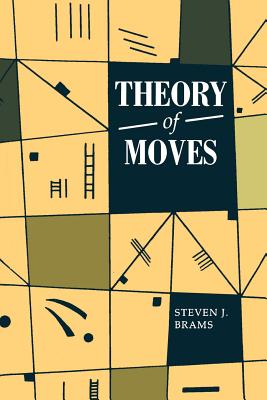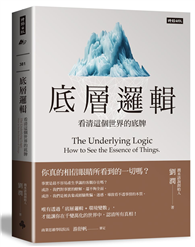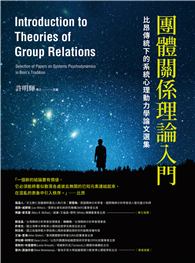Steven J. Brams' Theory of Moves, though based on the classical theory of games, proposes major changes in its rules to render it a truly dynamic theory. By postulating that players think ahead not just to the immediate consequences of making moves, but also to the consequences of countermoves to these moves, counter-countermoves, and so on, it extends the strategic analysis of conflicts into the more distant future. Applied to a series of cases drawn from politics, economics, sociology, fiction, and the Bible, the theory provides not only an explanation of their outcomes but also shows why they unfolded as they did.











